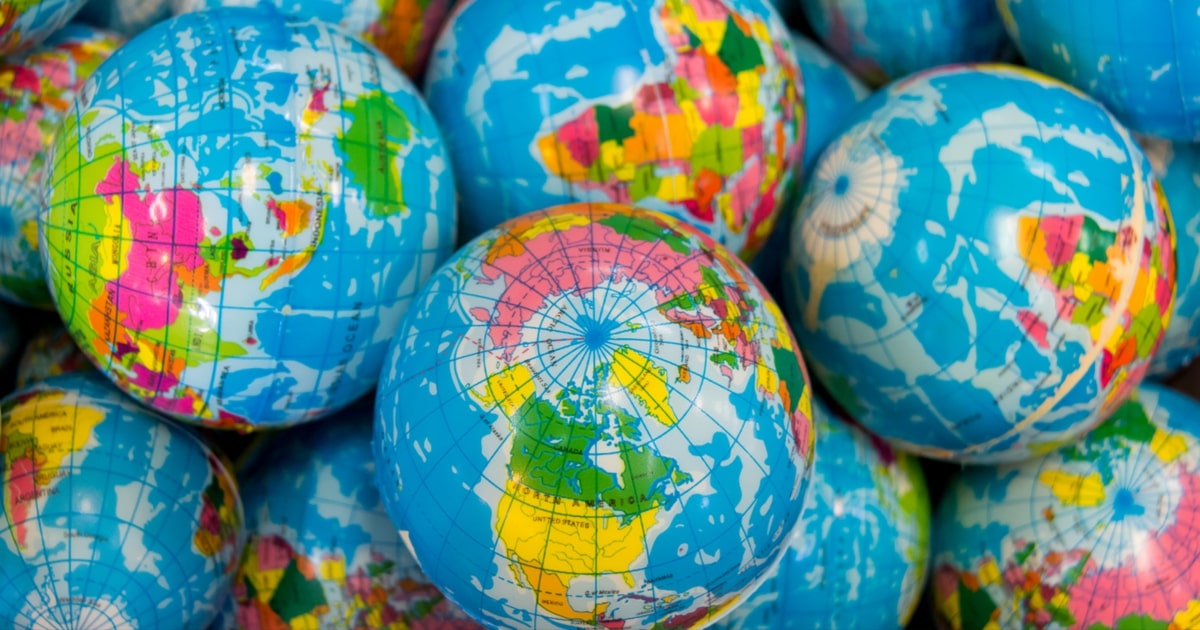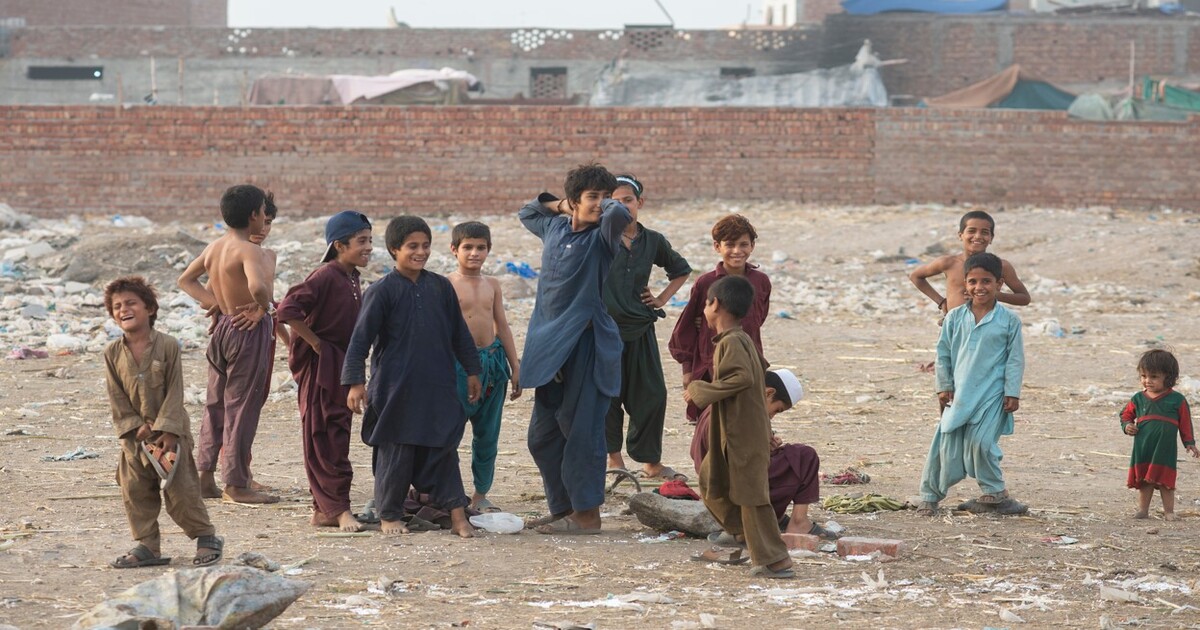Powerful (or Powerless) Globalization?
Is globalization a force that can be harnessed to benefit the masses? Or does it dislocate society?
November 30, 2023

A Strategic Assessment Memo (SAM) from the Global Ideas Center
You may quote from this text, provided you mention the name of the author and reference it as a new Strategic Assessment Memo (SAM) published by the Global Ideas Center in Berlin on The Globalist.
Free market capitalism remains the most effective — and, thus far, the only demonstrated instrument for sustained economic growth and for raising the standard of living. But just as the unrestrained laissez-faire capitalism of the 19th century spawned Marxism, so too literal a version of globalization of the 21st century could generate a worldwide assault on the very concept of free markets.
Survival of the fittest
Globalization views the world as one market in which the most efficient and competitive will prosper. It accepts — and even welcomes — the fact that the free market will relentlessly sift the efficient from the inefficient, even at the cost of economic and social dislocation.
But the extreme versions of globalization tend to neglect the mismatch between the world’s political and economic systems. Unlike economics, politics divides the world into national units. And while political leaders may accept a certain degree of suffering for the sake of growth in their economies, they cannot survive as advocates of near-permanent austerity — especially if their policies can be presented as imposed from abroad.
The temptation to reverse — or at least to buffer — austerity by political means can become overwhelming. Protectionism may prove ineffective, or even backfire in the long term. But political leaders frequently respond to the short-term pressures of what they view as their political necessities.
Temptations of protectionism
Even well-established free market democracies do not accept limitless suffering in the name of the market and have taken measures to provide a social safety net and curb market excesses by regulation. The international financial system does not as yet have comparable firebreaks.
The demonstrations against globalization at meetings of the International Monetary Fund and the World Bank in 2000 and at the Seattle meeting of the World Trade Organization in 1999 were early warning signs of the potential political weight of those who believe themselves at the mercy of forces they feel powerless to influence.
To be sure, many of these demonstrations follow an all too familiar leftist, anti-American and anti-capitalist script from the 1960s and early 1970s — even down to some of the personalities involved. The exaltation of violence and self-indulgence of some of the demonstrators reflects ideological disdain for existing political and economic institutions that is, to a considerable extent, independent of specific grievances.
Ignoring the emotional vacuum?
Nevertheless, the leaders of the industrialized world must not ignore the emotional vacuum which the protests reflect, at least in part. Otherwise, globalization — the most effective engine of growth the world has ever seen — becomes submerged in the political assault polarizing especially the developing societies most in need of its benefits.
And if there is a serious recession in the industrialized world, it may spread even there.
Copyright © 2001 by Henry A. Kissinger. Adapted from “Does America Need a Foreign Policy?”. Reprinted with the permission of Simon & Schuster.
Takeaways
Is globalization a force that can be harnessed to benefit the masses? Or does it dislocate society?
Free market capitalism remains the most effective — and, thus far, the only demonstrated instrument for sustained economic growth and for raising the standard of living.
Globalization views the world as one market in which the most efficient and competitive will prosper. It accepts — and even welcomes — the fact that the free market will relentlessly sift the efficient from the inefficient.
Extreme versions of globalization tend to neglect the mismatch between the world’s political and economic systems. Unlike economics, politics divides the world into national units.
Political leaders frequently respond to the short-term pressures of what they view as their political necessities.
Free market democracies do not accept limitless suffering in the name of the market — and have taken measures to provide a social safety net and curb market excesses by regulation. The international financial system does not as yet have comparable firebreaks.
Leaders of the industrialized world must not ignore the emotional vacuum which the protests against globalization reflect. Otherwise, globalization becomes submerged in the political assault polarizing especially the developing societies most in need of its benefits.
A Strategic Assessment Memo (SAM) from the Global Ideas Center
You may quote from this text, provided you mention the name of the author and reference it as a new Strategic Assessment Memo (SAM) published by the Global Ideas Center in Berlin on The Globalist.


